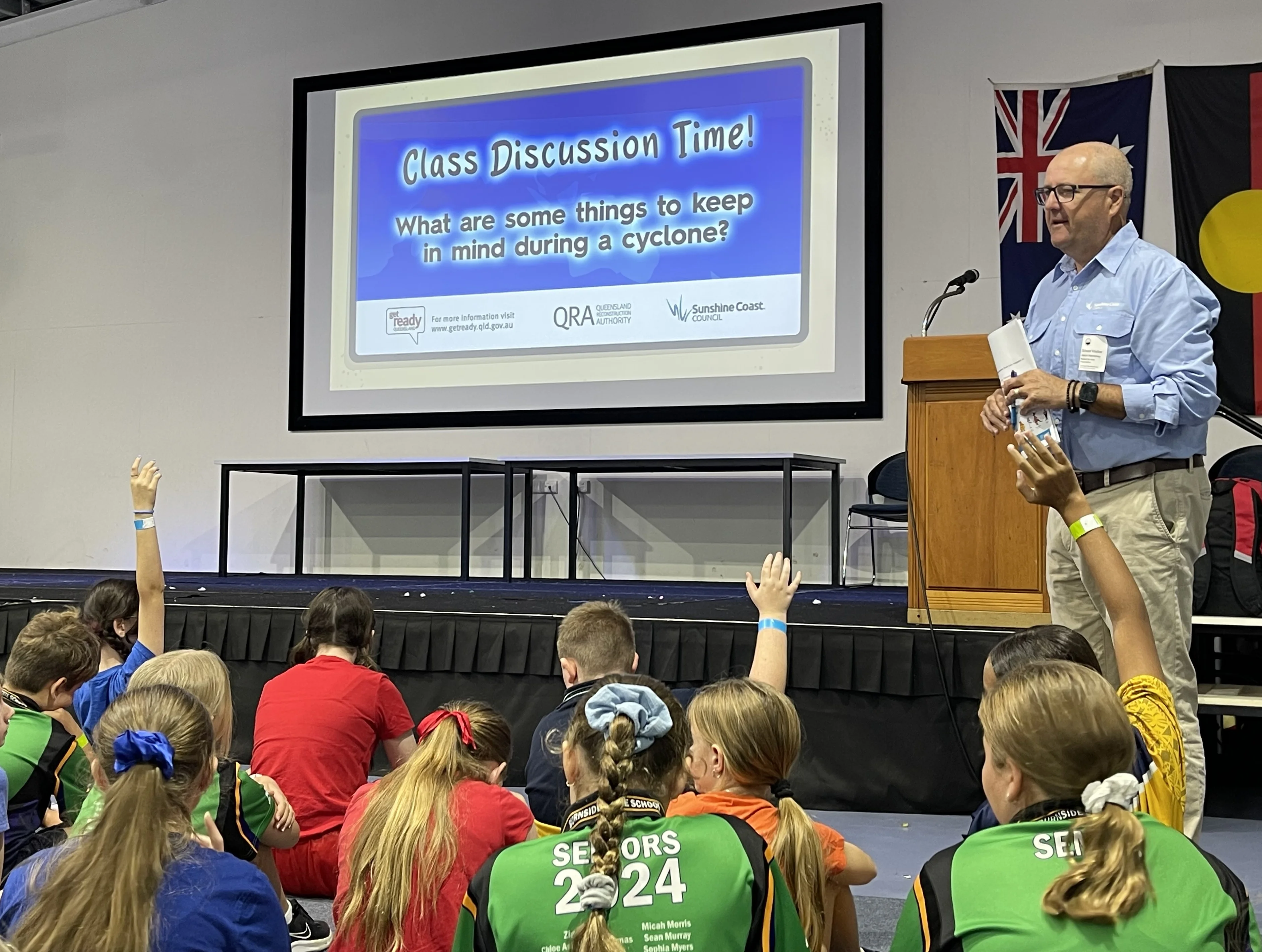NEW DELHI, MARCH 17: The World Health Organization (WHO) recommends salt consumption less than 5 grams of salt per day, while Indians consume salt at an average of 11 grams per day which is more than twice of the recommended intake. An estimated 2.5 million deaths could be prevented each year if global salt consumption were reduced to the recommended level. Excess salt intake is a leading risk factor for high blood pressure, which in turn leads to cardiovascular diseases and strokes, the major cause of death and suffering in India and worldwide. Salt intake is also linked to kidney disease, osteoporosis, stomach cancer, and obesity.
This year’s World Salt Awareness Week, 14-20 March 2022, aims to shine a spotlight on all the salt lurking in the ready meals, snacks, and products people buy and calls on the food industry to work harder to reduce salt levels and support the public to shake the salt habit.
To mark this week, The George Institute for Global Health, a leading global medical research institute, is organising awareness and educational workshops on salt reduction with 10 Government High Schools in Siddipet district, Telangana, India engaging students to increase their knowledge on hidden dangers/health risks associated with high salt consumption. The goal of the workshops is to influence behaviour change by encouraging the adoption of simple measures to regulate salt intake and inculcate children to a better lifestyle and develop healthier eating behaviours early in life. Shaking the habit of excess salt intake early in life has long-term benefits in leading a healthier life and preventing many non-communicable diseases.
The awareness-raising workshops are being organised in the form of participatory and engaging classroom lessons, highlighting the need to safeguard their future and become messengers for their families and communities. Facilitated by Government-appointed ASHA workers, the interaction with children will hone their understanding of nutrition, low-sodium intake, the detrimental effects of high salt consumption, healthy eating habits and in turn transform them into advocates of change within their communities by addressing the reduction of salt intake through home-cooked food, packaged food, food consumed outside the home.
“In India, salt intake amongst children has increased due to greater consumption of fast foods, salty snacks, processed and street foods. While education around salt consumption is important, food producers also have a key role to play in ensuring children make healthier food choices” says Sudhir Raj Thout, Research Fellow, The George Institute for Global Health, India.
Sudhir and his team-leading this campaign spoke to Bhargavi, Class 8th, Student, Government High School, Siddipet, Telegana, she says:
“This workshop has enlightened me that my family may be consuming excessive salt than the recommended limit all these years and has informed us of the benefits of a less salt intake. I will convey these messages to my mother about how cooking with less salt can safeguard us from critical health conditions.”
The George Institute for Global Health, India is also implementing a community-based behaviour change intervention study aimed at reducing salt intake in a household setting delivered by community healthcare volunteers (ASHAs). The study is being conducted in 28 rural villages from two Primary Health Care Centres (PHCs) in Siddipet district, Telangana, India.
“The public health crisis in India is hard to contemplate, but well-designed and collectively planned strategies can help us in reaching the WHO’s recommended salt intake. Prior to that it is important to understand salt consumption patterns, our intervention study aims to assess the change in dietary habits of children and their families” says Dr D Praveen, Program Head, Primary Health Care, The George Institute for Global Health, India.
The findings of the research will also provide valuable evidence to inform new and strengthen existing policies aiming to reduce salt consumption among the population and support strategies that can gradually reduce salt consumption in India. Further, supporting WHO global agenda to reduce the global population’s intake of salt by a relative 30% by 2025.
“People around the world are eating more energy-dense highly processed food that are particularly high in salt and children are particularly vulnerable. There needs to be a shift in the eating patterns away from foods to fresh foods, whole grains, vegetables, and fruits. Hence, educating children about eating the right foods early in life can protect them from future risks” says Professor Jacqui Webster, Director, WHO CC Salt Reduction and Head of Advocacy and Policy Impact, The George Institute for Global Health, Australia.
Reduction in sodium intake to low levels and high potassium intake will significantly benefit public health, resulting from reductions in blood pressure levels, the incidence of stroke, lowering the risk of cardiovascular diseases, and other related health concerns. Collective action with global initiatives to reduce sodium intake in our population has the potential that can prevent hundreds of premature deaths and illnesses.







